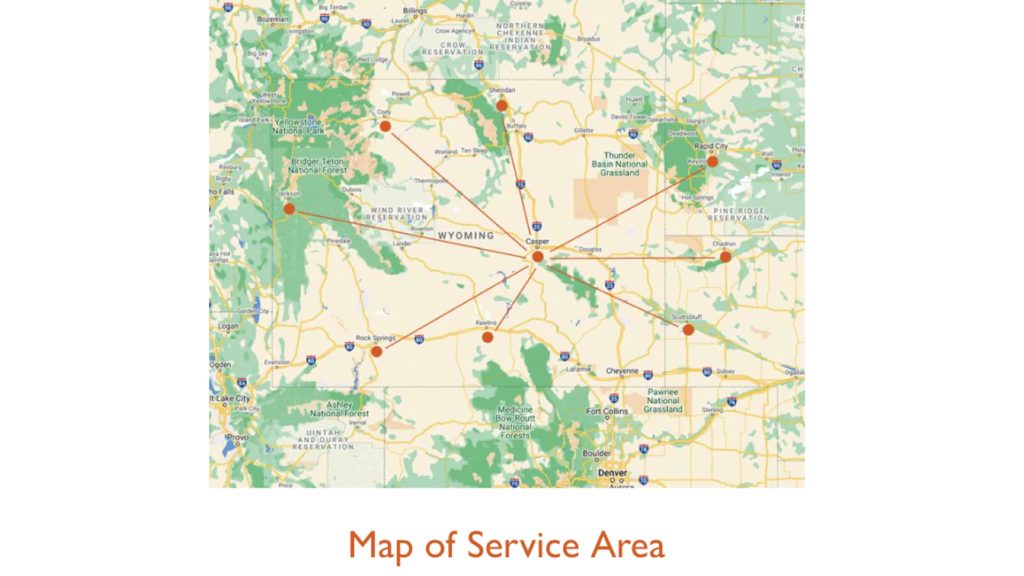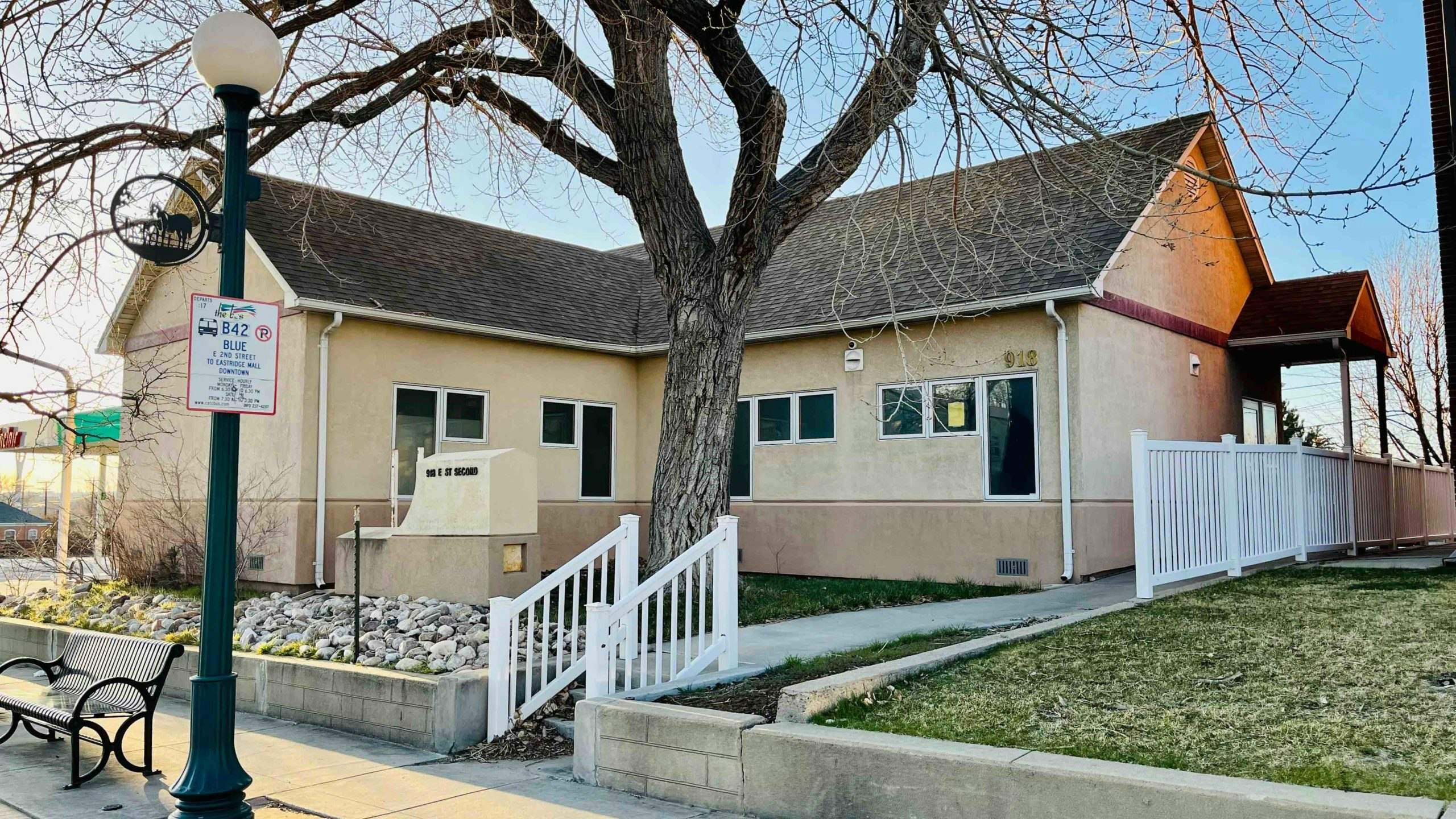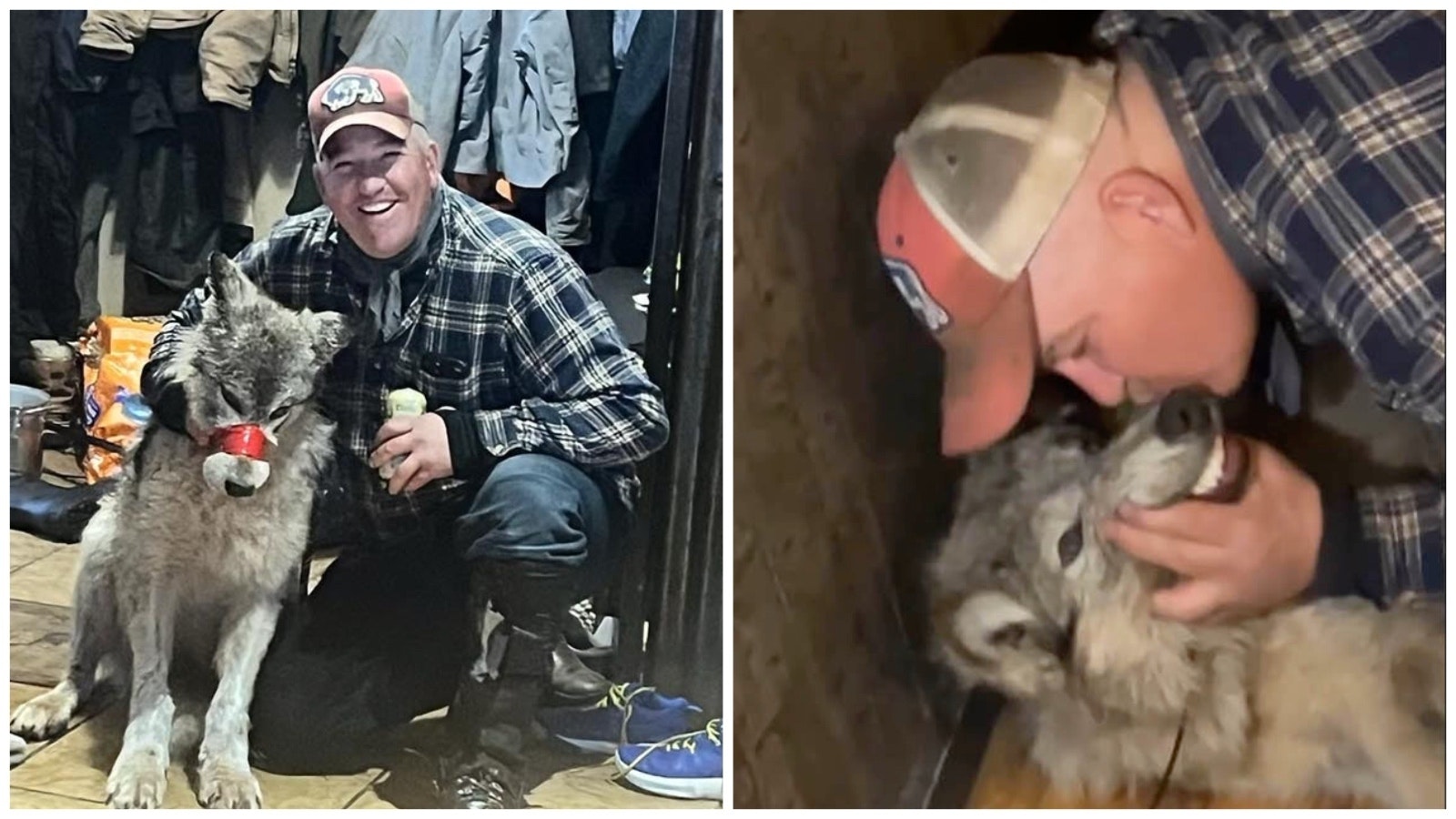Women in Wyoming will soon have access to surgical abortions as a new clinic in Casper is slated to open this June.
And while the planned opening of the clinic is generating opposition among members of Wyoming’s pro-life organizations, it is being welcomed by those who say the state’s women need access to more reproductive health services.
The new clinic between downtown Casper and the Wyoming Medical Center will be operated by Circle of Hope Health Care Services, which is incorporated in Washington, D.C., and headed up by founder Julie Burkhart, who is based in Colorado.
The clinic is funded by private donors and has been created and supported by a community advisory board of 15 people, Burkhart said, including faith leaders, tribal communities and health care advocates.
“Our goal in launching this clinic is to ensure that more people in Wyoming and the broader region have access to the reproductive health care they need, including abortion care,” Burkhart said.
Currently, Wyoming has only one abortion provider and 96% of Wyoming women live in a county without an abortion clinic.
“This makes it one of many ‘abortion deserts’ nationwide,” Burkhart said. “As a result, abortion is often out of reach for many across the state, including people living in rural areas, members of Native tribes and those with low incomes. This new clinic will help address the severe lack of access to reproductive health care options that these communities currently face.”
Casper was chosen as the home to the clinic based on its central location and the fact it can be reached by a majority of Wyomingites, including those in rural communities who currently have access to only one clinic in Jackson or must go out of state for services.

The clinic’s operators are still determining the scope of services they will provide in addition to abortions. The goal is to offer close to a full spectrum of reproductive health care services that may include contraceptive care, family planning, maternal and prenatal care, and gender-affirming care.
“Our clinic will be a welcoming and accepting place for all people seeking reproductive health care in Wyoming and the broader region,” Burkhart said.
Burkhart said the clinic is in the process of hiring staff and operators do not have a precise opening date though they are aiming for sometime this summer, likely June.
The Wyoming clinic is the group’s first project, though Burkhart said it will continue to explore other opportunities to expand reproductive health care in other areas where services are restricted.
Burkhart has a long history of reproductive rights advocacy. She was the CEO and founder of Trust Women for 12 years, according to her bio, establishing and overseeing two abortion clinics and overseeing a third.
She also worked with renowned abortion provider, Dr. George Tiller, whose Kansas medical practice was at the center of torrent of violent protests and who was ultimately fatally shot by an anti-abortion extremist.
She acknowledged that the clinic will face opposition, including from members of Wyoming’s Legislature.
“Even though we all have different beliefs about abortion, one thing that we should be able to agree on is that women must be able to maintain the power to decide their own health care,” she said. “We hope that those who oppose our work will do so peacefully and without harassing or intimidating people seeking or providing reproductive health care.”
Protestors Galvanize
Right to Life of Wyoming President Marti Halverson told Cowboy State Daily on Friday that the clinic is an “abomination” and that her organization is already looking at several avenues to thwart its completion and opening.
“We are shocked,” she said. “We thought when we closed down the Planned Parenthood in 2017 that no one would try to come into Wyoming again.”
She also questioned the leadership behind Circle of Hope, noting the company’s address in Washington, D.C., is a simple mail drop box.
Sheila Leach, president of the Park County chapter of Right to Life of Wyoming, also expressed dismay at the news of a clinic in Casper and said that there is an ongoing grassroots effort involving pro-life activists across the state who are galvanizing in opposition to new clinic.
A pro-life Catholic group will be holding 40 days of prayer vigils beginning April 21, Leach said, which may continue until the clinic’s proposed opening.
“The purpose is to pray for the babies, the mother and the father and for the staff at the clinic,” Leach said. “And it’s always peaceful.”
Members from the Park County chapter may also go to Casper at some point, but she wasn’t sure when that might be.
“We are certainly concerned with this development,” she said.
Leach questioned the timing for the clinic’s opening, which comes on the heels of Gov. Mark Gordon’s signing of legislation that would automatically ban abortions in the state should the landmark U.S. Supreme Court abortion ruling Roe vs. Wade be overturned.
This was one of three proposed abortion measures up for consideration during the Legislature’s budget session and the only one that passed.
The bill would make abortion a criminal offense punishable by up to 14 years in prison should the federal case be overturned. Exceptions would be allowed in cases where the mother faces serious risks of death or irreversible physical impairments or in the case of rape or incest.
“(The clinic’s opening) feels like a pre-emptive challenge to the law,” Leach said.
Other legislators like Sen. Anthony Bouchard, R-Cheyenne, have been vocal in their dissent of the new clinic.
“With a Republican supermajority failing to pass any meaningful pro-life legislation, the baby murder mills see it as being a “safe place” to set up shop,” Bouchard said. “Sadly, there’s a large pro-abortion lobby in Wyoming that resides within the medical community. This new clinic is the sign that Wyoming is becoming more like Colorado.”
Current Abortion Laws
Under terms of the Roe vs. Wade ruling, abortion is legal in all states during the first trimester of pregnancy. Under Wyoming law, abortion is illegal if a fetus has reached viability – generally considered the point at which it can survive outside the mother’s womb – except to save the life of the mother.
Additional laws in Wyoming prevent physicians from terminating “viable infants,” as in late-term abortions, and require doctors to tell the patient she can view an active ultrasound of the unborn child and hear the heartbeat before the abortion.
According to Wyoming law, minors can only obtain an abortion with the permission of at least one guardian.
Public funding is available for abortion only if necessary to save the life of the mother or in cases of rape or incest, and a law passed in 2019, requires healthcare providers to report all abortions to the Wyoming Department of Health.
According to this first report from the Vital Statistics Services, there were 91 abortions performed in Wyoming in 2020.
Of those abortions, all were medical, nonsurgical procedures with fetus gestation periods of 10 weeks or fewer. The majority of procedures – 45 – involved women 25-34 years old, followed by 29 women under the age of 24 and 17 women 35 years and older.
For the majority of the women it was the first procedure, while 21 women reported having an earlier medical, non-surgical abortion and five reported having two previous procedures.
Strong Support Locally
Although pro-life groups may oppose the clinic, groups supporting women’s access to reproductive health care are welcoming it.
Christine Lichtenfels, founder of Chelsea’s Fund, which supports Wyoming women’s access to abortion health care, told Cowboy State Daily that the clinic will allow Wyoming residents more access to the health care they need.
She noted that the clinic will do more than just provide abortions, it will also offer all types of reproductive care.
Lichtenfels said that people get abortions for various difficult reasons, such as abusive relationships or the inability to care for another child, but it is also their choice and right to do so.
“I am not going to accept the position that Wyoming is historically, staunchly anti-abortion,” she said. “U.S. Sen. Al Simpson was much more reflective of the true libertarian approach of Wyoming, where the government does not belong in telling people what to do in their individual lives.”
More than half of the women who seek abortions are already mothers.
Lichtenfels pointed to Colorado as a great example of lowering abortion rates by providing long-acting, but reversible, contraceptives for free and making them widely available.
But with the clinic opening in Wyoming, women are one step closer to having affordable, available reproductive health care closer to them.
“We’re very grateful that Circle of Hope is doing this to bring care to people in Wyoming,” Lichtenfels said. “In a state that calls itself the ‘Equality State,’ having access to abortion care means you’re valuing women as equals. They can make their own decisions and get the care they need.”
“The Craziness Stops Here”
Rev. Leslie Key of Casper said that she was approached by Burkhart to serve on the advisory board as a community liaison with other pro-choice advocates.
Key is thrilled that Circle of Hope chose Casper for its first clinic and said this has been a long-time battle both in the nation and the state.
As a member of the clergy, she has seen firsthand the impact that a lack of choice has on women. She noted women make the decision to end a pregnancy with great agony and prayerful conversations with their God.
“Nobody wants to use abortion as a form of birth control,” she said. “It’s a very personal and painful decision.”
Apart from a woman’s right to bodily autonomy, Key said she views the clinic as a much-needed pushback on members of the “religious right” who she feels have pushed their religious beliefs while overstepping the bounds of church and state.
“Why is a proud state that respects individual rights understating the difference between church and state?” she said. “It’s about bodily sovereignty. Who has control over your body? You or the religious right who are using the power of the government to dictate personal healthcare decisions? We’re not a theocracy controlled by one religious doctrine.”
To this end, Key also objected to those who believe their religious rights are favored over someone else’s.
“We have an opportunity to put our foot down and say no,” she said. “The craziness stops here.”





